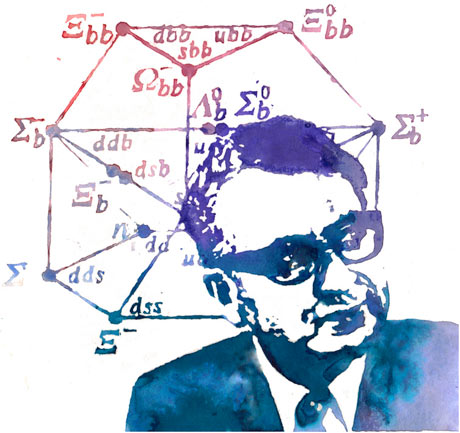While many questions about quantum mechanics are still not fully resolved, there is no point in introducing  needless mystification where in fact no problem exists.
needless mystification where in fact no problem exists.
If I have seen further than others, it is because I am surrounded by dwarfs.
As a theoretical physicist, I feel at once proud and humble at the thought of the illustrious figures that have preceded me here to receive the greatest of all honors in science, the Nobel prize.
But when researchers at Bell Labs discovered that static tends to come from particular places in the sky, the whole field of radio astronomy opened up.
Enthusiasm is followed by disappointment and even depression, and then by renewed enthusiasm.
For me, the study of these laws is inseparable from a love of Nature in all its manifestations.
I am frequently astonished that it so often results in correct predictions of experimental results.
If we look at the way the universe behaves, quantum mechanics gives us fundamental, unavoidable indeterminacy, so that alternative histories of the universe can be assigned probability.
In fact any experiment that measures a quantum effect is one in which the quantum effect is aligned with the behavior of some heavy, macroscopic object; that's how we measure it.